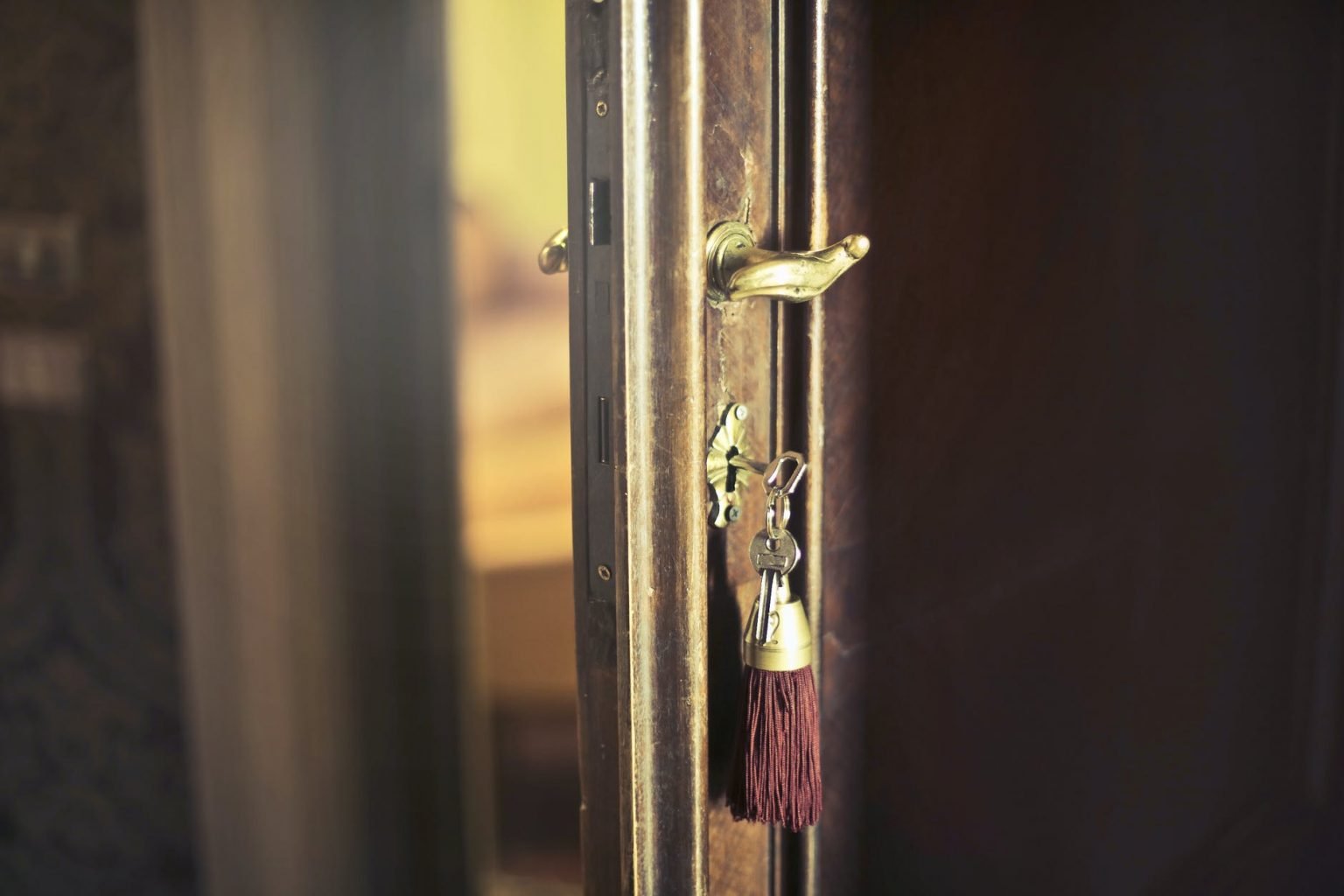As a parent, it’s natural to worry about your child’s safety, especially when you can’t be there all the time. It can be a difficult balancing act to keep them safe and keep an eye on what they’re doing while also letting them learn to be responsible and respecting their privacy.
Ask yourself what you really need to know. This can help to decide where the boundaries are, between tracking apps and giving your child privacy.
There are a few things that you do need to know, like where your child will be on a Friday night, how they’re getting there and back, and whether there will be adult supervision or alcohol. Other things can be left private, like who they danced with at a party or what they talked about.
There are some practical ways to show respect for their privacy, including:
- Always knocking before entering their bedroom
- Asking their permission before looking in or taking things out of their school bag
- Checking whether they want you to stay in the room if they need to see a doctor
It’s also a good idea to discuss privacy with your child, set some clear ground rules for both of you, and work out what the boundaries are. Make sure they understand that any monitoring is for their safety, not to spy on them, especially if you’re monitoring their internet use. Here are some suggestions to get you started on what you might like to have in place, and what you should talk about first.
You should also talk to your child about the situations where you might need to cross the boundaries you have agreed on. For example, if you are very worried that they’re being groomed, you might decide to check their phone, when you usually won’t look at their messages.
Send a clear message that you respect their privacy, and avoid doing things like:
- Listening to their phone conversations
- Looking through their room or in their drawers
- Reading their diary or checking their emails or messages without permission or a good reason
- Communicating with them on social media if they have asked you not to
- Calling all the time to check on them
The best monitoring is more low key and based on trust. With good communication, your child is likely to share with you. Set reasonable expectations instead of making them feel spied on.
- If your child is the first one home, ask them to call you when they get home from school.
- Set ground rules about free time, so you don’t have to monitor them all the time, such as limits on screen time, or what time you expect them to be home.
- Set expectations early to avoid arguments later. For example, your teen will be more likely to let you know where they’re going and when they’ll be home if you set this as an expectation when they were in early adolescence, rather than trying to get these rules in place when they turn 17.

